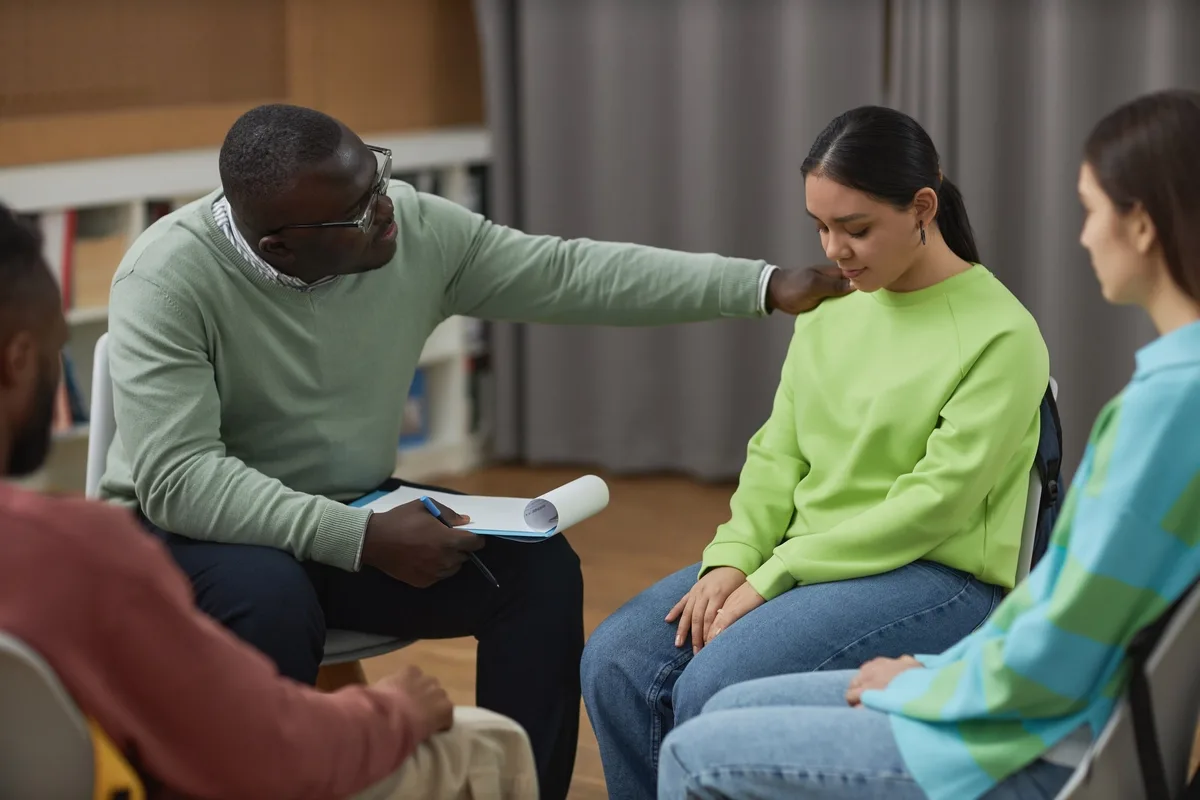24/7 Helpline:
(866) 899-221924/7 Helpline:
(866) 899-2219
Learn more about Dual Diagnosis Rehab centers in Marshall County

Other Insurance Options

Sutter

PHCS Network

UnitedHealth Group

BHS | Behavioral Health Systems

Oxford

UMR

Optum

Sliding scale payment assistance

Ambetter

WellCare Health Plans

Excellus

Regence

Self-pay options

MHNNet Behavioral Health

Medical Mutual of Ohio

Horizon Healthcare Service

Group Health Incorporated

CareFirst

Anthem

Carleon














AA – Alcoholics Anonymous
AA – Alcoholics Anonymous is a private rehab located in Gilbertsville, Kentucky. AA – Alcoholics Ano...






































